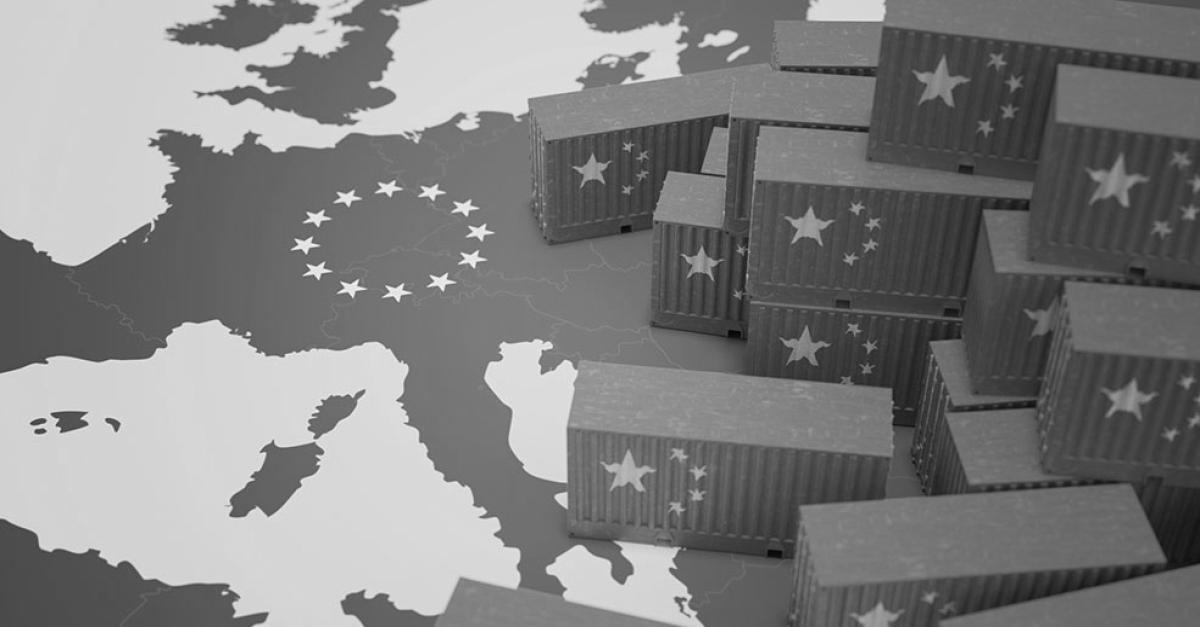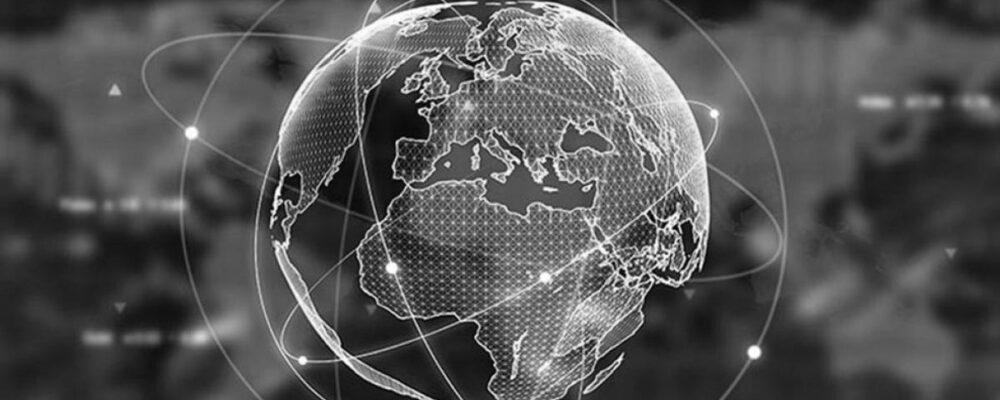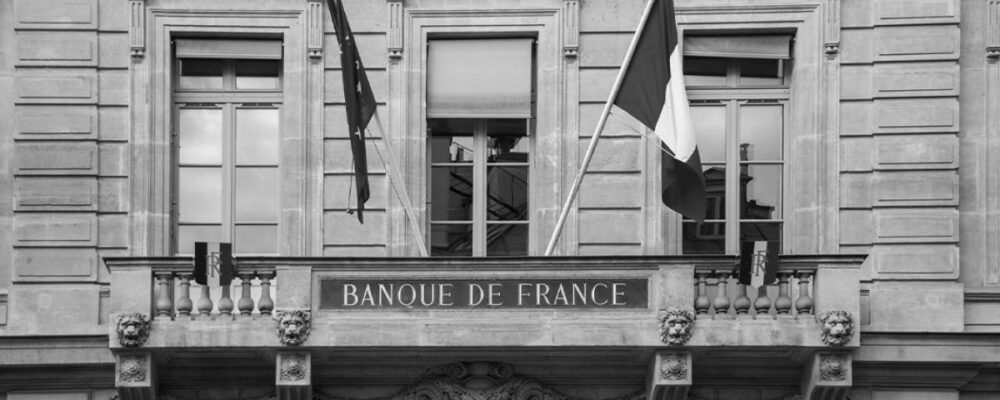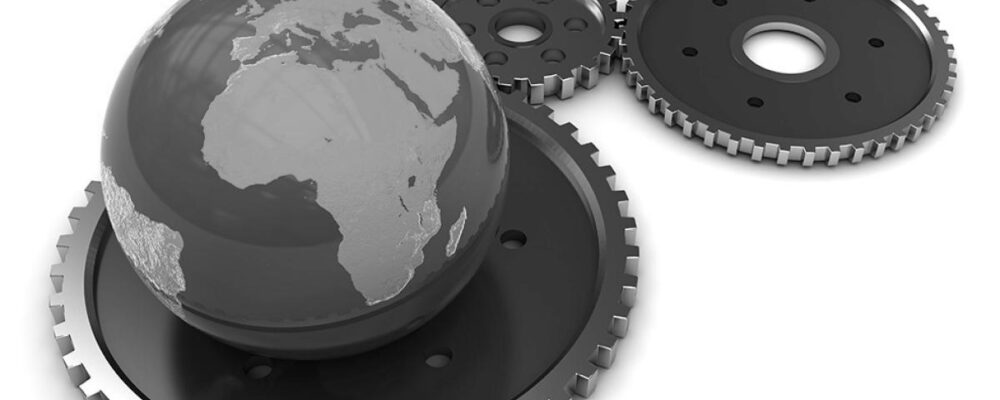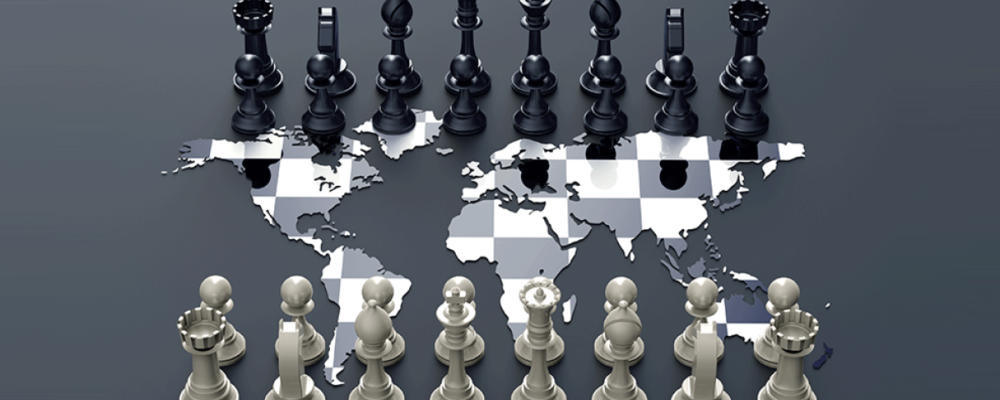How much leeway does China have?
China’s initial response was swift: it announced that importers of brandy – which includes cognac – would have to put down security deposits with the Chinese customs authorities. However, charges will only be levied if the government approves a hike in import tariffs – potentially to as high as 35% – on these products.
In reality, the only European country affected by this move is France, with total cognac exports of $1.1 billion in 2023. Unlike the European Union’s substantiated accusations, based on a comprehensive report assessing the amount of state subsidies received by Chinese vehicle manufacturers, the allegations made by China, which sees itself as a victim of dumping by French winemakers, are difficult to discern. France has already said it intends to file a complaint with the WTO – a long-winded process that rarely pays off.
China has also reiterated that investigations into pork and pork products (notably offal) as well as dairy products are ongoing and said it has not ruled out raising import tariffs on combustion vehicles with large engine capacities, this time targeted at German manufacturers.
Another option available to China is to leverage its promised investments in a number of European countries. There is no shortage of planned projects, which include a Dongfeng production site in Italy, an assembly line for Chery-branded cars in Barcelona, and battery plants in Germany and France. With the commissioning of the Barcelona assembly line already delayed by a year, it would come as no surprise if China were to backtrack on other announcements. But there is one country that might escape Chinese retaliation: Hungary, long seen by China as source of tension and division within the EU.
Hungary is currently the main catalyst for Chinese investment in Europe, precisely around the electric vehicle value chain. While Turkey, which has a vehicle export deal with the EU, was also at one time seen as a Trojan horse for gaining access to the European market, the country’s decision to also impose 40% tariffs on Chinese EVs could prompt Chinese manufacturers to rethink their plans. And this mistrust goes both ways: China’s Ministry of Commerce has asked manufacturers to be careful about what technology and assets they transfer, particularly to India and Turkey. A planned BYD facility in the Izmir region with a production capacity of 150,000 vehicles a year for an initial investment of around $1 billion could end up consisting of nothing more than assembly lines.
Lastly, Mexico – a new gateway to the United States for Chinese products – has also indicated that it would like to reduce its reliance on China. With the US election approaching, another win for Donald Trump could potentially pave the way for tighter controls on the origin of imports, particularly those from third-country markets (Mexico and Vietnam) that are increasingly acting as intermediaries, helping China circumvent tariff and non-tariff barriers put in place by the United States.
“Crédit Agricole Group, sometimes called La banque verte due to its historical ties to farming, is a French international banking group and the world’s largest cooperative financial institution. It is France’s second-largest bank, after BNP Paribas, as well as the third largest in Europe and tenth largest in the world.”
Please visit the firm link to site


